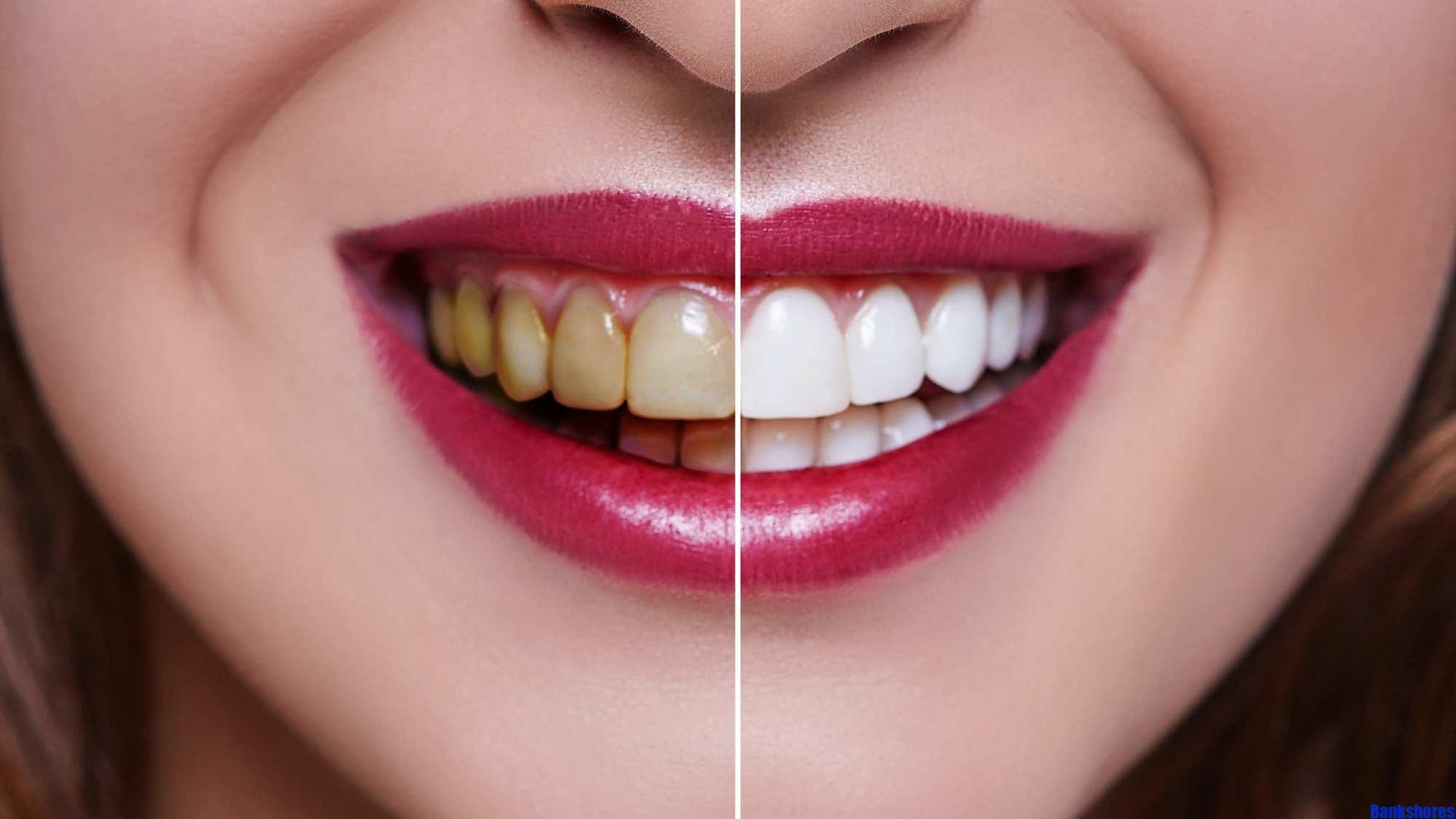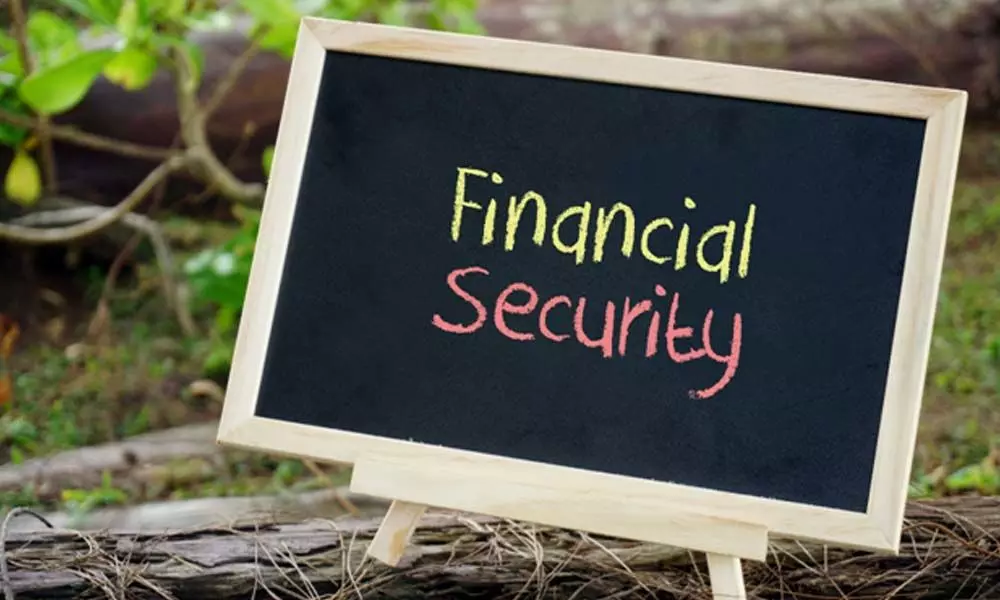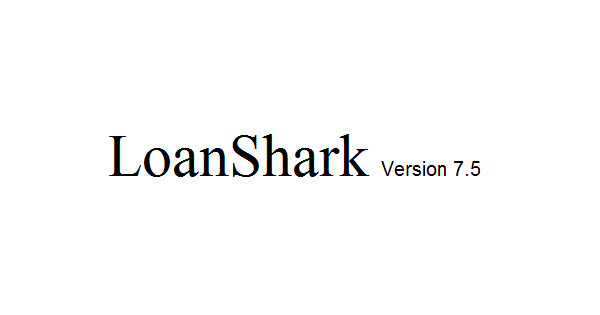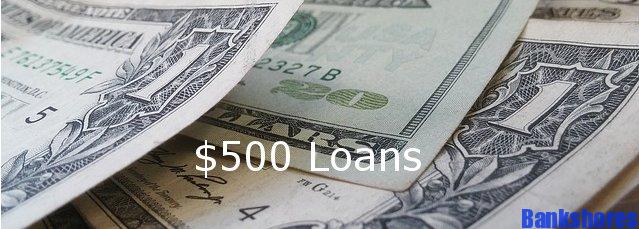How Much Does Teeth Whitening Cost Without Insurance? have been a question many keep searching for online. We have discussed in this article the different types of teeth whitening and their cost.
Teeth whitening is a simple and cost-effective technique to enhance your smile. There are a variety of whitening options available, each with a different price tag:
| Tooth Whitening Option | Cost |
|---|---|
| Professional teeth whitening | $450 - $1,000 |
| Teeth whitening strips | $10 - $50 |
| Custom whitening trays | $100 - $600 |
| Teeth whitening toothpaste | $3 - $15 |
| LED teeth whitening kits | $50 - $300 |
What Causes Tooth Discoloration?
Tooth discoloration can be caused by a variety of factors. Exposure to particular foods and beverages is the most common (surface stains).
Teeth absorb color from foods and beverages through holes, ridges, and grooves. Over time, this results in darkening, yellowing, and white patches.
The stains on the surface of the teeth are the simplest to remove with a regular teeth whitening procedure.
The following are the most prevalent foods and beverages that create surface stains:
- Coffee
- Dark tea
- Fruit juices
- Dark fruits
- Red wine
- Dark fruits
- Dark Soda
Other things that may also affect tooth color:
- Genetics
- Ageing
- Medical treatments
- Disease
- Amalgam restorations
- Drugs, eg tetracycline
- Use of Tobacco
- Fluoride
These stains are usually deeper than those generated by dark-colored meals on the surface.
Professional Whitening vs. At-Home Teeth Whitening Costs
Fortunately, tooth discoloration can be reduced with a variety of products. Both at-home and professional whitening methods are included.
However, there is a major cost and effectiveness disparity between these products.
Over-The-Counter (OTC) Teeth Whitening Costs
The use of over-the-counter whitening products makes whitening simple and affordable for everyone.
These products demand more effort on your part than professional whitening treatment from a dentist. Treatment, on the other hand, is hundreds of dollars less.
Keep in mind that over-the-counter whitening necessitates more maintenance than professional whitening. The outcomes aren’t instantaneous, either.
The most prevalent over-the-counter teeth whitening products are:
-
Whitening Strips
Whitening strips are available online and at a range of places. They normally range in price from $10 to $50 for a box of numerous strips.

Simply adhere the strips to your teeth and leave them in place for 30 minutes.
Whitening strips are usually effective They also make teeth whitening cost effective. However, some people have difficulty keeping them on their teeth. After using whitening strips, many people report increased sensitivity.
-
Whitening Trays
This is a more aggressive solution that gives you professional-level results while also allowing you to whiten at home. Treatment is more time consuming than professional procedures such as Zoom.
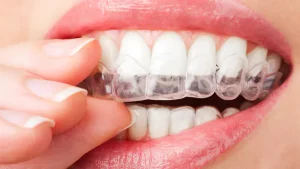
Custom whitening trays can cost anything from $100 to $600.
To acquire custom whitening trays, you’ll need to have an impression taken by your dentist. This is used to make personalized trays that properly suit your mouth.
To gradually whiten your teeth, you’ll utilize the trays and bleaching chemical provided.
Non-custom whitening trays can also be used. These cost between $10 and $30 and don’t fit as tightly over your teeth. Non-custom trays have the disadvantage of inconsistent whitening and a messier application. At-home whitening trays, like many other teeth whitening cost treatments, might leave your teeth more sensitive. Desensitizing gels, fortunately, are available. If you’re worried about pain, talk to your dentist about it.
-
Whitening Toothpaste
This is the most basic of all whitening techniques. Whitening toothpastes are normally used once or twice a day and contain modest quantities of peroxide.

Most likely, you’re already using whitening toothpaste. If not, there are many of reasonably priced alternatives on the market.
Depending on the brand and whitening degree, most whitening toothpastes cost between $3 and $15.
Whitening toothpastes don’t modify your teeth’s natural color or remove deeper stains. They have abrasives to polish your teeth and peroxide to eliminate stains.
If you have mild surface stains or wish to keep your tooth color after a more intense whitening procedure, this method is best.
Blue covarine is included in the most aggressive whitening toothpastes. This is a chemical that sticks to teeth and discolors them without actually eliminating stains.
After around 2 to 6 weeks of everyday use of whitening toothpaste, you’ll notice a difference.
-
LED Teeth Whitening Products
LED whitening kits are a new way to whiten your teeth at home. In recent years, these kits have grown in popularity. They range in price from $50 to $300.

This procedure uses an LED light to speed up the whitening process and is non-invasive.
LED whitening treatments whiten your teeth while also strengthening them. They also have a fast and powerful whitening effect.
The teeth are initially coated with a bleaching chemical before the LED whitening procedure begins (usually peroxide-based). The whitening agent is then activated and the chemical reaction is started using the LED light.
The blue LED light penetrates the enamel and lifts existing stains when this interaction occurs.
LED lights are extremely energy efficient. They don’t have a warm-up period and turn on at full power right away.
Professional Teeth Whitening Cost
Professional teeth whitening treatments are more costly than at-home treatments. The cost of in-office whitening varies between $450 and $1,000 each treatment.
The following are some of the most popular professional whitening methods:
-
Zoom
Zoom Teeth can be significantly whitened by whitening, reaching up to 90% of their maximal brightness. It’s a one-hour whitening procedure that’s FDA-approved and performed in a dentist’s office.
A less extreme home whitening alternative is also available from Zoom. For up to 12 days, you’ll wear bespoke trays loaded with gel for several hours each day. The treatment is carried out in the privacy of your own home.
Zoom treatments are simple, convenient, and deliver immediate results. Zoom, like most teeth whitening procedures, might cause sensitivity.
Zoom teeth whitening costs between $300 and $600 on average.
-
Boost
Opalescence Xtra Boost is a non-invasive stain removal technique for discoured teeth.
The gel is most effective on discoloration induced by prescription medicines, dental damage, and other factors. It also helps remove surface stains.
Boost employs a 38 percent hydrogen peroxide power bleaching gel that doesn’t need to be activated with light.
Because the gel is sticky, you won’t have to worry about it falling off your teeth once you’ve applied it.
Because BOOST contains PF, it has a somewhat decreased risk of sensitivity. Potassium nitrate and fluoride are combined in this product.
Zoom is more expensive than Opalescence (teeth whitening cost with zoom is about $500 each treatment).
-
Kor Whitening
Kor removes all stains and discoloration while restoring oxygen to the teeth. It works extremely well for tetracycline-discolored teeth.
Kor has his initial treatment in a dentist’s office. The follow-up treatments are carried out in the comfort of your own home. After this period, you’ll just need to wear the trays once a month to keep the results.
Kor’s effectiveness is praised by dentists, in part because the whitening trays fit securely over teeth. This lowers the chance of the whitening gel being diluted by saliva. To maintain its efficacy, the gel is also kept chilled.
KöR is a little less expensive than Zoom. The cost of treatment ranges from $500 to $1,000.
What we have above is tooth whitening cost without insurance. But does insurance cover teeth whitening?
Teeth Whitening Cost at the Dentists – Is it Worth it?
If you’re thinking about getting a smile makeover, most dentists will advise you to whiten your teeth first. Because teeth whitening is both cost-effective and predictable, many people find that they don’t require any extra aesthetic procedures in addition to bleaching their teeth. Especially if you already have a fairly straight bite. If they do, you can use less intrusive, less expensive procedures like bonding or recontouring to improve the overall symmetry of your smile.
However, if you plan to supplement your whitening with additional cosmetic treatments, the brighter baseline will make matching more conservative treatments to the color of your smile easier. So, certainly, the cost of teeth whitening at the dentist is well worth it. Scheduling an in-office teeth whitening at dentist is one of the quickest ways to brighten your smile.
Bleaching Vs Whitening – What is the Difference?
The term “bleaching” is only allowed to be used when teeth can be whitened beyond their natural color, according to the FDA. This only applies to bleach-containing compounds, such as hydrogen peroxide or carbamide peroxide.
The term “whitening” refers to restoring the color of a tooth’s surface by eliminating dirt and debris. As a result, any product that is used to clean the teeth (such as toothpaste) is theoretically considered a whitener. Of course, whitening sounds better than bleaching, so it’s more commonly used — even when referring to bleach-containing products.
Strong and fast-acting hydrogen peroxide is the bleach of choice for in-office whitening when time is of the essence. Hydrogen peroxide concentrations range from nine percent to forty percent when used to whiten teeth.
In contrast, carbamide peroxide, which breaks down into hydrogen peroxide, is the preferred bleach for at-home teeth whitening. The strength of carbamide peroxide is about one-third that of hydrogen peroxide. This indicates that a 15 percent carbamide peroxide solution is about similar to a 5% hydrogen peroxide solution.
What are the Risks of Teeth Whitening?
When procedures are followed exactly as suggested, teeth whitening treatments are generally safe. However, teeth whitening cost aren’t the only thing you should consider, there are some concerns that you should be aware of when bleaching your teeth:
Sensitivity: Bleaching might make you more sensitive to temperature, pressure, and touch for a short time. This is most likely to happen with in-office whitening, which uses a higher-concentration bleach.
Gum Irritation:Because of the bleach concentration or contact with the trays, more than half of people who use peroxide whiteners experience gum irritation.
Techicolor Teeth: Bleach has no effect on restorations such as bonding, dental crowns, or veneers, so they retain their original color while the surrounding teeth are whitened. The outcome is a condition known as “technicolor teeth.”
Does Insurance Cover Professional Teeth Whitening?
The short answer is NO.
Whitening is seen as a cosmetic procedure. This indicates that its major goal is to make teeth seem better. It isn’t medically required.
The patient is responsible for the entire cost, as is the case with most non-medically essential procedures.
Some dental facilities, on the other hand, provide payment options to make whitening operations more pocket friendly.
For whitening and other cosmetic procedures, credit options are also available.
You’ll still have to pay for the services yourself, but you can spread them out over time. Interest can be applied or not.
Teeth Whitening Alternatives
We’ve got right here a few teeth whitening alternatives, they are however, expensive.
Veneers
A veneer is a tooth-colored, thin shell that covers the front of your tooth. The tooth’s color, shape, and size are all altered by the shell.
Veneers can correct a variety of cosmetic concerns, but they can’t restore broken teeth.
Porcelain and composite are the most prevalent veneer materials. Porcelain veneers are the most durable and natural-looking choice available.
Veneers are significantly more expensive than teeth whitening. How much do veneers cost without insurance? They range in price from $470 to 2,500 per tooth. Despite the high cost, the results can last up to 25 years.
Dental Bonding
Dental bonding is a treatment option for minor tooth damage or gaps. It’s commonly used to treat dental problems like tooth chipping, fractures, and gaps.
Bonding, like teeth whitening, can help to address tooth discoloration.
The cost of dental bonding varies between $300 and $600 per tooth (without insurance).
